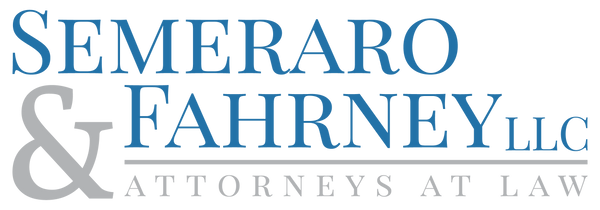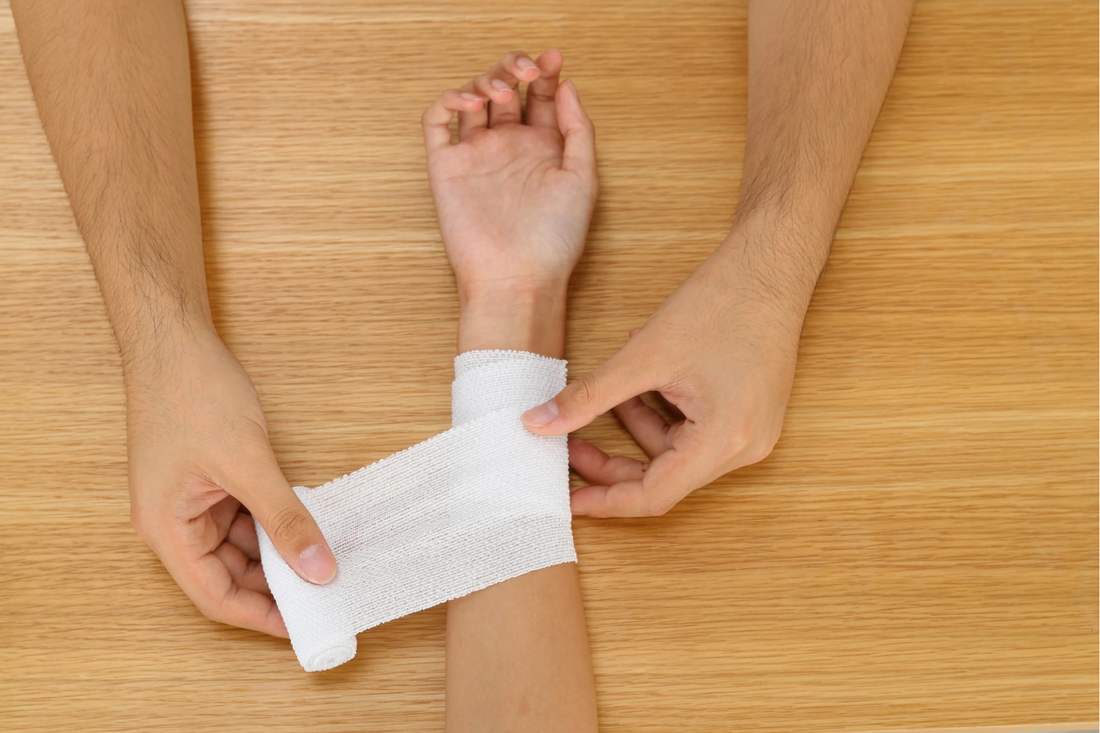Slip and fall accidents happen in a matter of seconds, but the injuries they cause can last much longer. From broken bones and concussions to long-term back problems, a single fall can have serious consequences.
If you were injured in a fall on someone else’s property, whether it was a store, apartment complex, public building, or private residence, you may be wondering whether you have a legal case. The answer depends on one key question: Can you prove the property owner was legally responsible?
Here’s what you need to know about proving liability in a New Jersey slip and fall claim.
The Basics of Premises Liability in New Jersey
Slip and fall claims fall under premises liability law, which holds that property owners and occupiers have a duty to keep their property reasonably safe for those who enter it.
But not every fall automatically leads to a lawsuit. To succeed in a slip and fall claim, you must prove:
-
A dangerous condition existed on the property;
-
The property owner knew or should have known about the condition;
-
The owner failed to address or warn about it; and
-
That failure caused your injury.
What Counts as a Dangerous Condition?
Common examples include:
-
Spills or leaks on the floor
-
Ice or snow on sidewalks or walkways
-
Loose carpeting or broken tiles
-
Uneven pavement or staircases without handrails
-
Poor lighting in hallways or stairwells
Temporary hazards, like a spill that just occurred, are more difficult to prove, especially if the property owner didn’t have time to discover and fix the issue. That’s why notice is a critical part of your claim.
Actual vs. Constructive Notice
In New Jersey, you must show that the property owner either:
-
Had actual notice (they were aware of the hazard); or
-
Had constructive notice (the hazard existed long enough that they should have discovered it through reasonable inspection).
For example, if a store employee mopped a floor and didn’t put up a warning sign, that’s likely actual notice. But if a spill was left untouched for 45 minutes during store hours, constructive notice may be enough.
Your Own Actions Also Matter
New Jersey follows a modified comparative negligence rule. This means your compensation can be reduced if you were partially at fault for your fall. For example, if you were texting while walking or ignored a posted warning sign.
If you are found to be more than 50% at fault, you may not recover damages at all.
What to Do After a Fall
If you’ve been injured, take these steps as soon as possible:
-
Report the incident to the property owner or manager
-
Take photos of the scene and the hazard
-
Get contact information for any witnesses
-
Seek medical attention
-
Avoid giving recorded statements to insurance companies without legal advice
When to Speak with an Attorney
Proving a slip and fall case requires fast action and strong evidence. Surveillance footage can be deleted, witnesses can forget details, and property owners may deny responsibility.
An experienced attorney can help investigate your case, preserve key evidence, and pursue compensation for your medical bills, lost income, and pain and suffering.
If you’ve been hurt in a slip and fall in New Jersey, don’t assume it was just an accident. Contact our office for a free consultation to learn your rights and legal options.
If you were injured in a slip and fall accident and are unsure whether you have a viable legal claim, our team is here to help you understand your rights and assess your options. Anyone with questions should feel free to contact Mark Semeraro, Scott Fahrney, or any other qualified Personal Injury Attorney at Semeraro & Fahrney, LLC for guidance.









